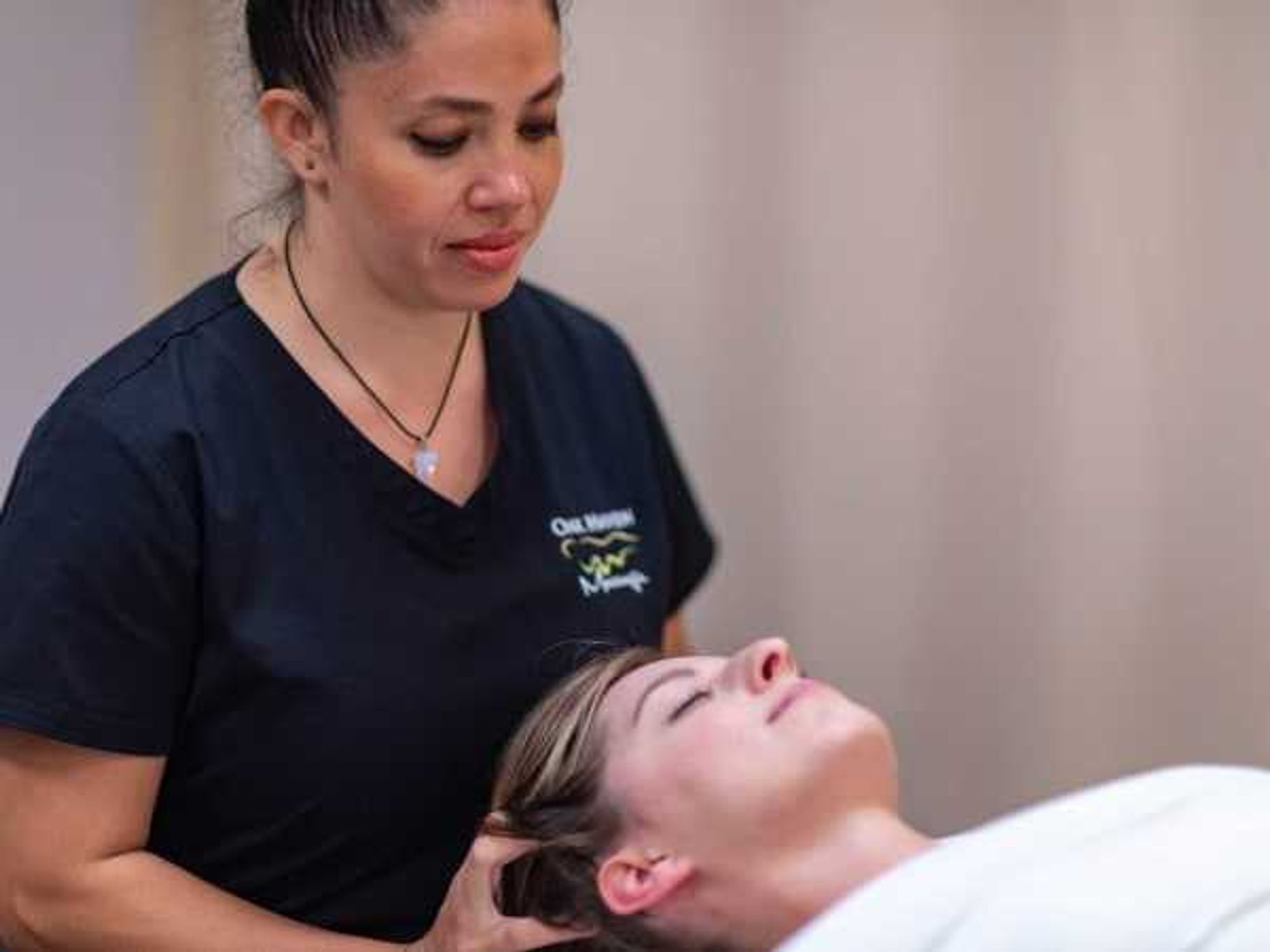Zero Waste Austin
Austin expands its Curbside Organics Collection Pilot Program, adds 6,500 new homes
The City of Austin's compost pilot program is piquing the interest of conscientious citizens this week as it expands to an additional 6,500 residents — almost doubling its size. The Curbside Organics Collection Pilot Program was launched by Austin Resource Recovery in January 2013, and its initial participant count of approximately 7,900 increased this week as it rolled out to additional neighborhoods.
Those in the free pilot program receive an "organics cart," which is added to their weekly collection schedule. In the cart, participants are asked to deposit food scraps, food-soiled paper and yard trimmings. These waste items are collected and transported to a local composting facility, where over a 12-plus month period the materials will turn into nutrient-rich compost.
In addition to producing environment-friendly compost, the carts are expected to reduce utility costs for users. On its website, the City postulates that disposing of waste in the organics cart "may allow you to downsize to a smaller, less expensive trash cart and save money on your monthly utility bill." It asserts that downsizing from the largest cart (96 gallons) to the smallest (32 gallons) will save you $226.80 per year.
Neighborhoods included in the second phase of the pilot program were selected to reflect Austin's demographics and to span each of the city's collection days. They range from Crestview (north of 2222 between Burnet Road and Lamar Blvd.) to South Austin (from Oltorf St. to Highway 71). Those new to the program can attend an open house at the South Austin Recreation Center on Thursday, February 20.
To improve the program, Lauren B. Hammond of Austin Resource Recovery says, "We made some minor adjustments to the educational materials based on residents' feedback. We also are distributing food scrap collectors (small buckets used to collect organic materials indoors and take them outside to the green organics cart) at informational meetings in each of the pilot areas instead of delivering them directly to households."
The pilot program is part of the City of Austin's initiative to be reach its goal of being "zero waste" by 2040. Future steps for curbside organics collection will be determined based on data collected in the first two phases of the program. The City of Austin states that it intends to continue collections for all residents participating in the pilot.
